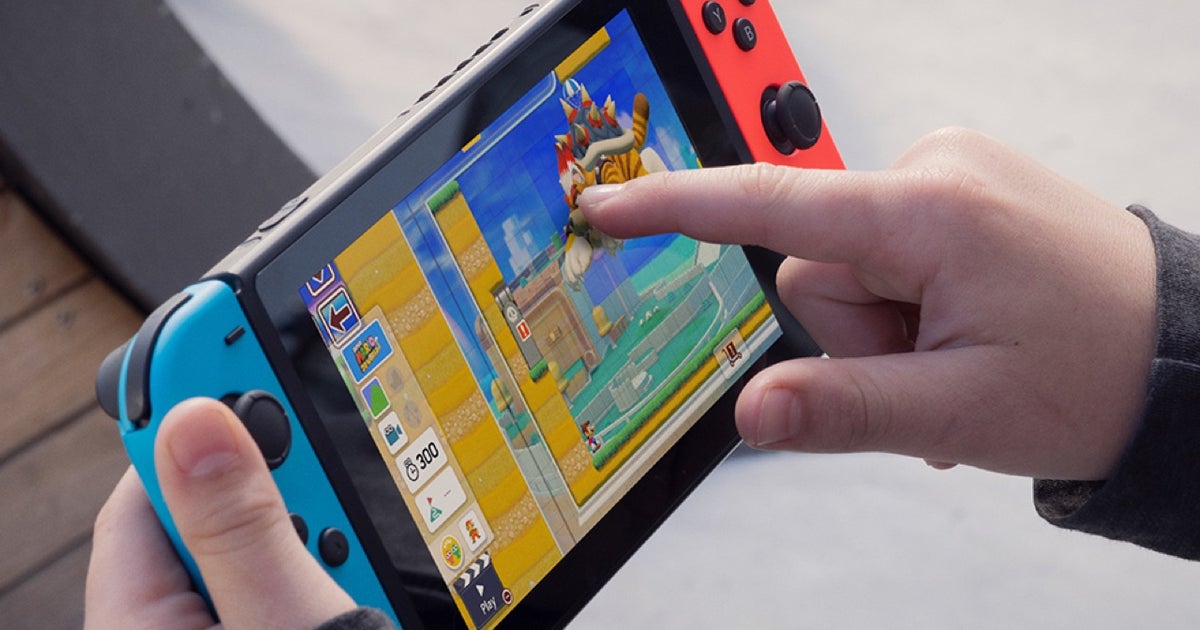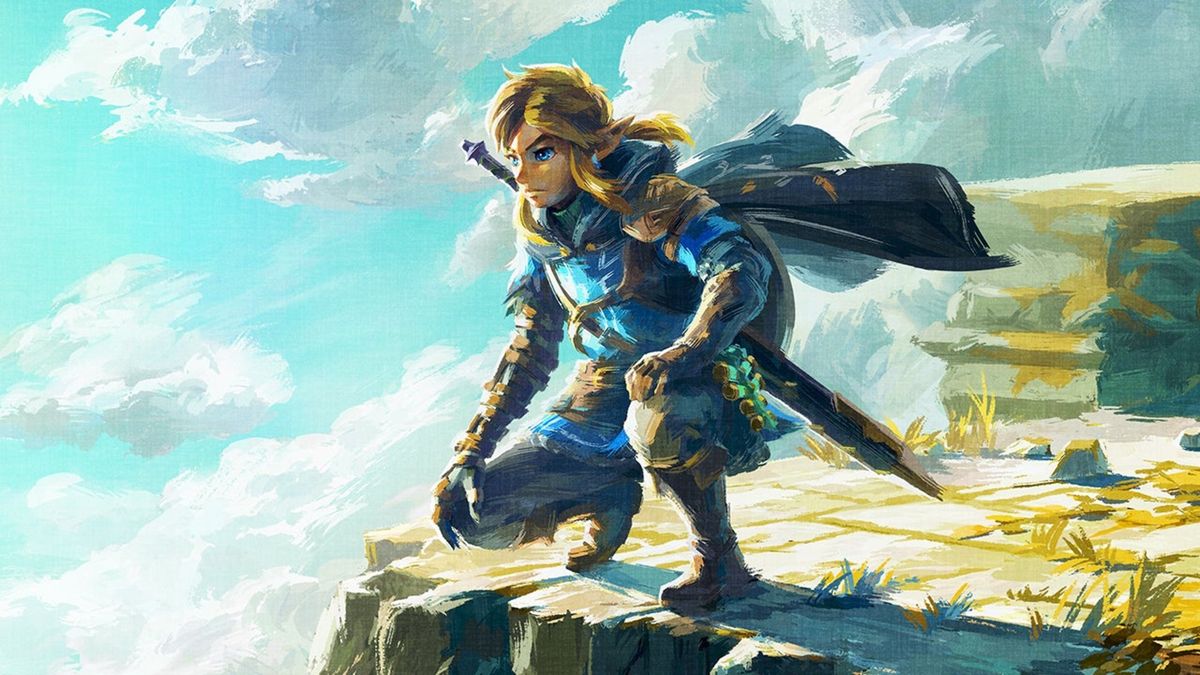This is where I think copyright law gets it wrong, or to spin it as positively as I can, at least doesn't "get it" period.
George Condo's painting doesn't require any special equipment to look at, nor would a printed physical copy of Stephen King's Four Past Midnight. I can, with my own two eyes, go to the Louvre or the LIbrary and see every single painting and read every single book no matter the color of my eyes, or skin, or hair. It doesn't matter my gender identify, my clothing (as long as I'm at least somewhat covered), my social caste or my reglious beliefs. For as long as the physical, purely analog "thing" exists, I can interact with it.
Let's ignore purely digitally delivered games (eg no physical media) for just a moment -- we'll come back to it. When you bought your favorite PS1 game back when the PS1 was around, you were not entitled to more copies of it. Twenty years later, your ability to buy a functioning PS1 is pretty damned limited, and finding working PS1 games is a similar situation. And since it's 100% used market, neither the original developer, publisher, IP holder nor Sony are going to see a dime from any possible sale of the product. Even if you DO own the physical PS1 game CD, are you expected to ONLY be able to play it on PS1 devices? You paid for it, why can't you use it in the way you see fit and/or are physically able to? I cannot understand why an emulator would be wrong in circumstances where the physical hardware to play it can no longer be purchased.
Digitally delivered games are just a whole 'nother level of shit. Like so many EULAs tried to before, now they've found a way to force you to stop playing their game when they decide to no longer support it. Obviously it's one thing if the game itself required externalized-to-you infrastructure, because now you're incurring a cost to a 3rd party and they shouldn't have an obligation to you for the perpetuity of any one game copy's existence. But for single player games? We paid for it, let me play it. Yes, yes, I don't "own it" which means I cant be making money on their hard work. But I'm not trying to make money on their hard work, I'm trying to play the game I paid for and there's literally no reason it cannot work other than someone wanted to be a dick.
When you buy a physical, analog asset there's no question of who owns it. I don't know enough about George Condo to know if he has licensed prints of his paintings, but I know Stephen King can't roll up to my house and demand I give back my hardback first edition copy of Four Past Midnight. And even if he did, I'd be so awestruck that it would take me probably five minutes to finally tell him to get the fuck off my doorstep and eat shit 'cuz I'm not giving it to him

Point being, games and emulation aren't quite the same arguments as stealing someone's artwork off the wall of the Louvre, making copies, and reselling it. Or at least, not all emulation is... There's a gray area, bounded by a lot of black and a lot of white, and I think we shouldn't equivocate emulation to straight stealing of property -- because it's not. And for that matter, I think public domain laws need to extend to video games in the same way. You can't tell someone they can NEVER have your item, even if you're not around, even if the item isn't even for sale anymore, even if the hardware doesn't exist to play it.
But that's just me


 www.eurogamer.net
www.eurogamer.net



